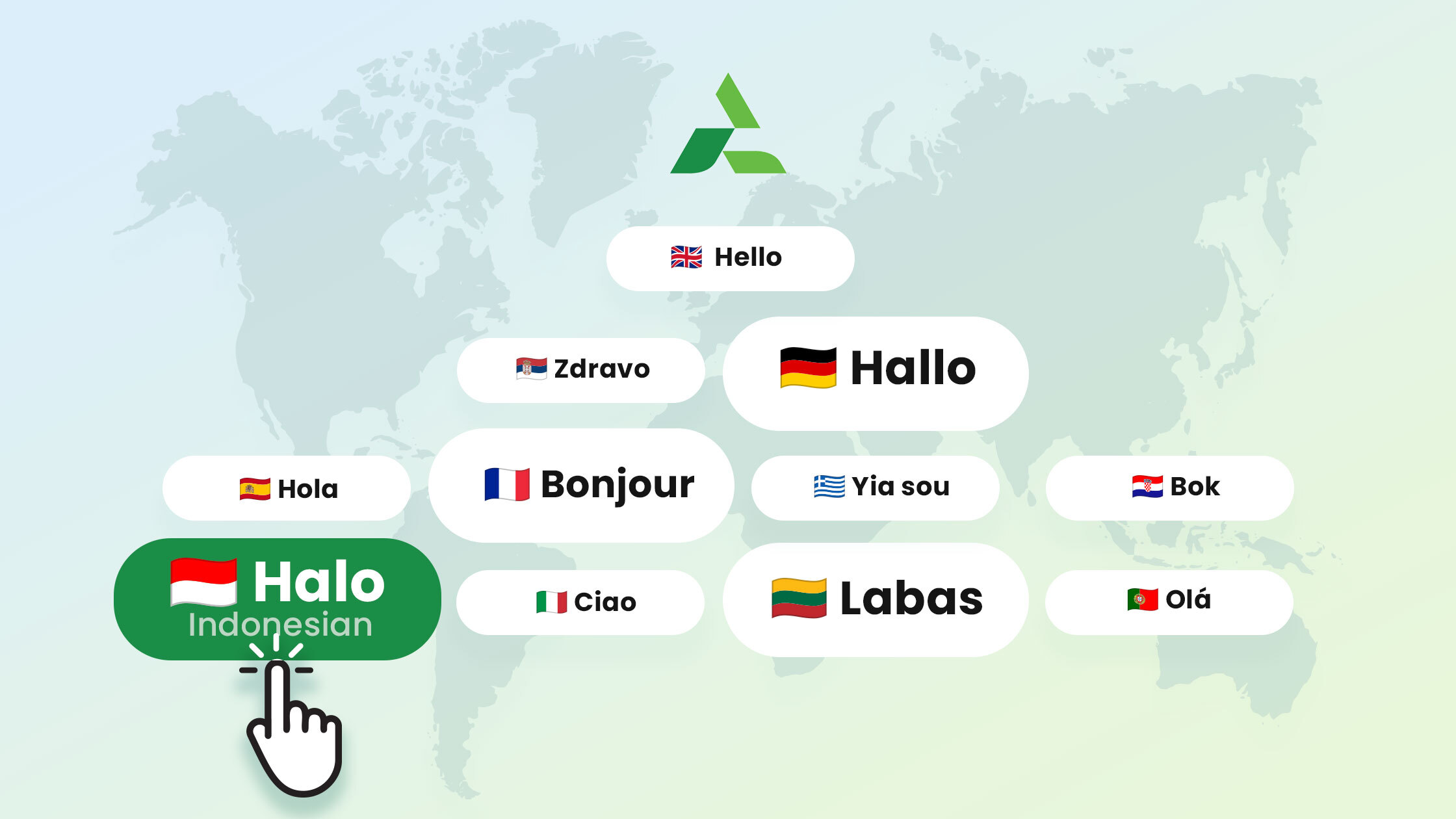Four or five years ago, the web was awash with articles featuring emphatic proclamations about fail-safe vacation rental retirement plans. Many of the headlines were presenting the idea of VR management as an unrealistic low-effort money-making scheme. Now that the smoke has cleared and the vacation rental industry seems to be approaching some sort of predictability, how have retirees actually fared in the business?
Was it everything they said it’d be? Should a retiree be considering VR management as a primary mode of income?
We here at Tokeet prefer the educated approach to life-changing decisions, so we’re going to explain the safest approach: a healthy level of prudence.
Takes on Vacation Rental Retirement Plans
As mentioned before, there’s plenty of published articles caught in the VR retirement plan hype, but surprisingly very little actual demographic data. That makes tracking the performance of retiree-managed properties a difficult task. Why does that matter if we can just look at general performance?
That’s a good question – plenty can be gleaned from overall industry reports. But an important distinction between retirees and everyone else is the drop-off of large scale operations.
There are numerous ways to approach the VRM business – lease to rent, buy to rent, client property management, etc. Retirees are usually going to fall into the “snowbird” category – buying a vacation home for personal usage a couple months of the year. The rest of the time, the property will be rented out.
Buying a house on mortgage will require monthly payments, and while your rental may be successful, it could be just enough to make those payments. If you’re not prepared to support yourself on top of that, you may just be in the same position as before but with a new house. The measurement of “success” for retirees is quite difficult.
Buying a house with a mortgage without a short window of manageable payments planned out and no cash reserves for living expenses is a questionable retirement plan.
This Turnkey article totes the fact that “23 percent of those buyers say the number one reason they purchased a second home was to start a vacation rental business”. They have no follow up regarding performance or success rates. That is not a reason to throw in. Move steadily, and if the math isn’t working out, don’t jump.
Forming a Realistic Plan
(and understanding the work that goes into it)
Dear Prudence
This is the part where we deliver the crushing truth that smothers this vacation rental retirement idea once and for all.
Not really though. Being realistic doesn’t mean building a wall around yourself and becoming impervious to anything that might be considered a risk. It means stepping back, surveying the land, and choosing the best path to walk. In vacation rental management, you just need to know the following:
1. VRM is not a get-rich-quick scheme. Even a lease-to-rent strategy is going to take effort to get off the ground.
2. Self-management is not passive income. In fact, the term passive income is thrown around far too much in this industry. You are starting a business – it may be a unique field, but running a business requires an active hand.
If you want a complete hands-off scenario, the closest thing you can get is using a full-service rental management company.
3. Competition is high, expectations are high. Guests have come to expect a hotel-level standard of cleanliness and hospitality from vacation rentals. You have to keep up with your maintenance and housekeeping, because a couple bad reviews can be a serious detriment to your booking rate.
And you can be certain your competitors are staying sharp to avoid the same pitfalls, so you really have to stay on top of this.
4. Research is required. Not every vacant residential space is a suitable vacation rental property, and not every dot on the map is going to have the traffic needed to maintain steady earnings. Research the area you’re planning on buying in, make sure you’re in a location suitable for tourists.
The center of town or the beach front are great locations, but if you happen to see a nice property situated near a couple busy conference centers on the other side of the city, you may do just fine.
You can use a tool like AirDNA’s Market Minder to perform competitor research anywhere on the map. This will give you a great idea of how a property could potentially perform before purchasing.
5. Good things take time. You’re not buying a Porsche – your vacation rental property won’t go from 0 to 60 in 2 seconds. It may take months to find the right property, months for the purchase to be finalized, months for the contractors to just come up with a plan before beginning months of renovation and decoration. After that, it’ll take a bit of time for your listing to gain traction and bring more frequent bookings.
So, if you want to play it safe, give yourself an entire year to get started. You may not have to wait that long, but, depending on your to-do list, it’s a real possibility.
The important thing is that you have enough money to buy and prepare a house for short-term rentals without putting yourself in dire straits.
Once your money is tied up in this process, there’s no way to pull it out in emergency scenarios. It’s a big lumbering machine, and once it’s got some inertia, it takes a long while to stop. Budget accordingly!
Going into VRM with the above knowledge in practice is going to minimize your risk and increase your chances for success.
One more general tip – don’t be fooled by anyone looking to part you from your money before you’ve had a chance to form your own opinions. You’re making big decisions here – if you feel like you’re not being given the respect you need in making those decisions, find another broker/agency/partner/etc. This is your money and your future, not someone else’s commission fee – there’s plenty of other properties and even more people to work with.
The Benefits of VRM in Retirement
And you thought this article was going to be a big downer! Not in the least – it’s a cautious upper.
The fact of the matter (and the numbers) is that vacation rental properties are still profitable, and that real estate is still a solid investment. A smart purchase that’s turned into a well-run rental unit could most definitely provide for your retirement.
Rental income does not affect your social security benefits negatively – you can read more about that on the AARP site.
Conclusions: is VR Management a Viable Retirement Plan?
Through all the money-making hype and FOMO fervor in the media, there remains some facts. Companies like Rented.com and AirDNA make a living from gathering data on the vacation rental industry. At the time of writing this article, the VRM industry is still performing excellently, and still projected to continue growing. Check out these statistics here.
So, to answer the question, yes – vacation rental homes can be a good retirement plan. But only if you’re willing to put in the work. If you’re reading this than you’ve clearly committed to doing your research, which is excellent. The world of VRM is a big one, and it deals with major commitments – there’s nothing to be flippant or short-sighted about here.
If you’re diligent in your research and commit to a plan that’s going to enable you to continue supporting your current lifestyle with overhead, you’ll do fine. But remember – if the numbers don’t add up, you need to go back to the drawing board. Don’t let the hype convince you that you’ll beat the odds.





